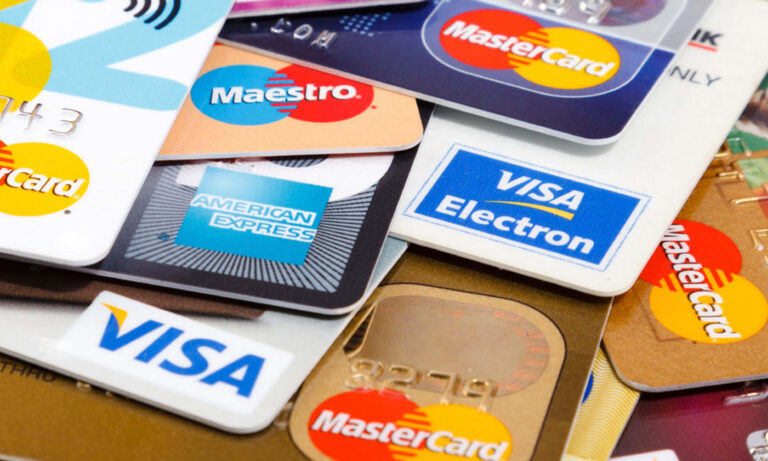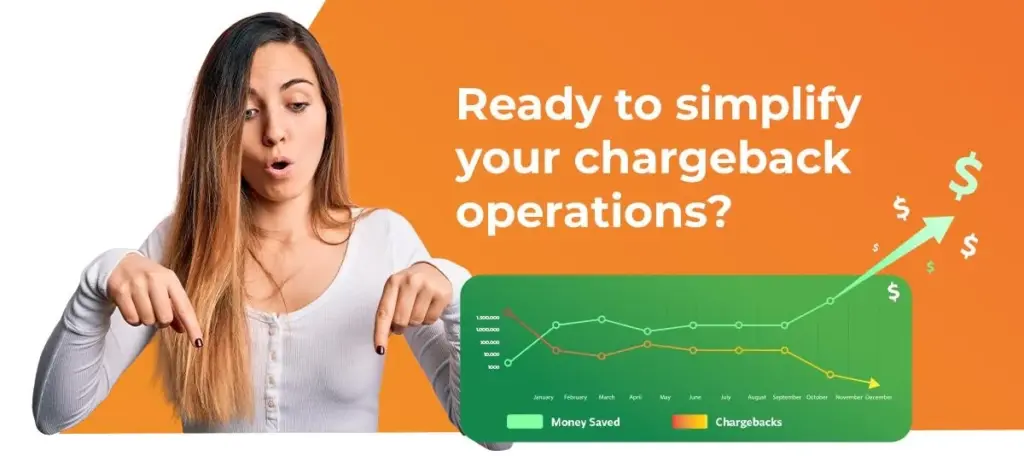Payments Panacea In the Works

What if we told you there is a concerted, industry-wide solution in the works that will reduce fraud, friction, and abandonment in one fell swoop? Hard to believe, right? What if we added that this panacea would also standardize processing and accommodate third-party payments so that users could choose their preferred payment method and make purchases anywhere on the internet… with a single click? Sounds totally craze-balls, we know, but guess what—it’s happening, right now!
Consumers have a daunting array of payment preferences and requirements when they come to make purchases from merchants online. However, there is one thing that they all have in common; they invariably use a browser to shop online and make payments. That’s why a consortium of experts is pushing to move payment authentication away from merchant gateways and onto the browsers themselves with the W3C Payment Request API.
The push comes from the World Wide Web Consortium (W3C), the standards-setting body best known for maintaining technical guidelines for programming languages like HTML, CSS, PHP, etc. W3C’s Web Payments Working Group is developing the Payment Request API with hopes to make it as ubiquitous and elegant as the code that builds the Internet. The W3C initiative has some major backing: Google, Alibaba, Microsoft, Facebook, and most major browsers have logged on to the plan.
[posts_list tag=’processing’ position=’right’ heading=”More Processing News”]
Here’s how the Payments Request API would work:
Instead of a user having to enter personal information and authenticate at each point of sale, the W3C API would allow them to store that information within their internet browsers. Users would be able to set up their preferred payment methods, and the browser would match those preferences to those of the merchant. Then the API would standardize processing by sending this information to a merchant’s point of sale. The user enters their payment information once, and merely selects their compatible payment option at each merchant’s point of sale.
The benefits of such an approach are quite promising:
- It would significantly reduce checkout friction and therefore reduce cart abandonment.
- It is also “currency agnostic” to allow for multiple third-party payment methods, syncing both user and merchant payment preferences.
- It would alleviate merchants from having to store sensitive personal information on their servers, so that they would no longer be targeted for massive data hacks.
The potential benefits of this plan would be nothing short of revolutionary. Even the timing is perfect. Amazon’s patent for One-Click ordering has recently expired. This will allow W3C to develop an open-source API with One-Click functionality. So it can be used anywhere, by anyone. The user-friendly potential and security benefits, combined with industry backing, means this new approach to payments is a safe bet to become the future of processing.








